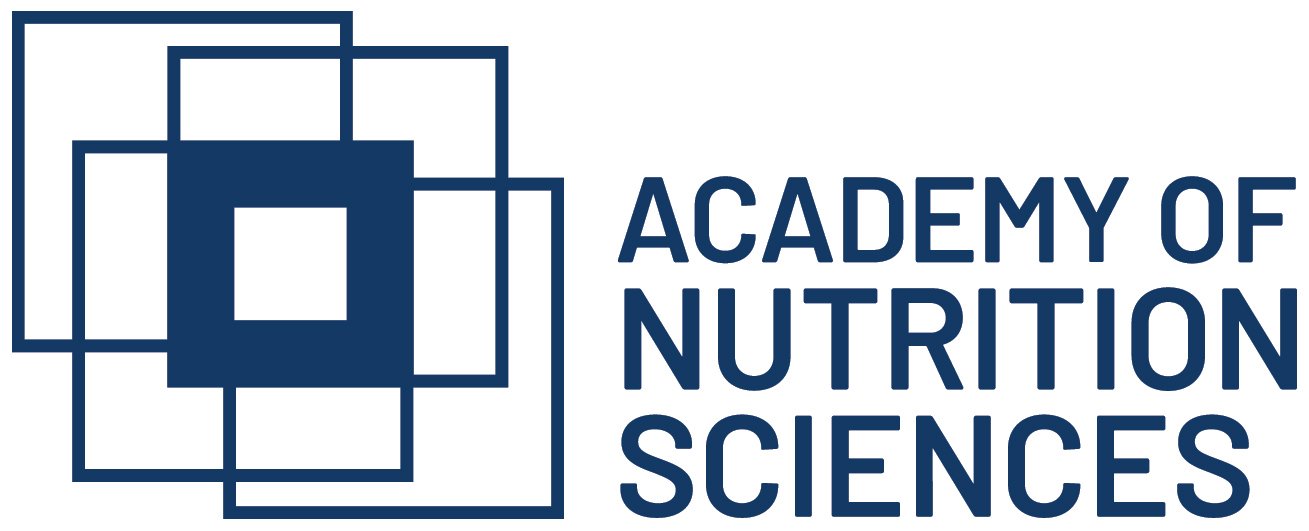The importance of transparent frameworks for the assessment of evidence
The Academy of Nutrition Sciences has a strong interest in nutrition research excellence, development of the nutrition science discipline and application of rigorous nutrition science for public benefit. In 2020, it published its first Position Paper that addresses the evidence base underpinning dietary advice for populations for the prevention of non-communicable diseases such as cardiovascular disease and cancer. The paper summarizes the nature of the evidence base and the systematic processes used by expert panels to ensure rigor, relevance and consistency are brought to their conclusions. Accompanying editorials, highlighting the Academy’s recommendations, can be found in Nutrition Bulletin and the Journal of Human Nutrition and Dietetics.
The Position Paper also addresses some of the challenges inherent in studying diet-disease relationships and lessons learned over the past 45 years of evidence-based policy-making in dietary prevention of such diseases. One such challenge is investigation of the biological mechanisms underlying diet-disease relationships through experimental studies. Although mechanistic studies are considered as part of expert evaluation, a systematic process to assess the rigor, relevance and consistency of the overall findings is lacking. A recent publication by one of the Position Paper’s authors, Prof Christine Williams, considers why systemizing mechanistic data is so challenging and the topic is explored in a blog published by the Academy in November 2022.
Identification of plausible biological mechanisms is also a consideration in the authorization process for health claims and the Nutrition and Health Claims Regulation is the focus of the Academy’s second Position Paper on the use of nutrition evidence, published in November 2022 in the British Journal of Nutrition, focuses on the Nutrition and Health Claims Regulation. A blog discussing why health professionals need to know about the processes in place to regulate the use of such claims has been published on the Academy’s website and accompanying editorials appeared in Nutrition Bulletin and the Journal of Human Nutrition and Dietetics. These editorials summarise the recommendations and highlight the implications of the Regulation for nutrition and dietetic professionals.
Transparency in the way in which evidence is evaluated systematically and scientific opinions are reached is now seen as fundamentally important, and expert panels often publish the approaches they adopt. In the UK, SACN is the expert panel that provides independent scientific advice to the four UK governments on, and risk assessment of, nutrition and related health issues. In February 2023, SACN published an updated version of its framework and methods for the evaluation of evidence. The Academy welcomes the revised framework but notes the approach used for evaluation of mechanistic data lacks reference to the systematic selection and quality assessment of the available evidence base, referred to above
Also, in March 2023, a first iteration of the framework developed by the UK Nutrition and Health Claims Committee (UKNHCC) was published. UKNHCC was established following the UK’s exit from the European Union to provide scientific advice to the UK government on the substantiation of scientific evidence underpinning nutrition and health claims applications. Using these scientific opinions, the UK government and devolved administrations make decisions on whether to authorise use of particular nutrition and health claims.
These two frameworks have been developed with particular tasks in mind, namely to provide transparency on the approaches adopted by particular expert committees. But, in addition, they provide a wealth of useful information about methodological consideration when assessing the quality of different types of evidence, including risk of bias within the data and interpretation of statistical methods.
